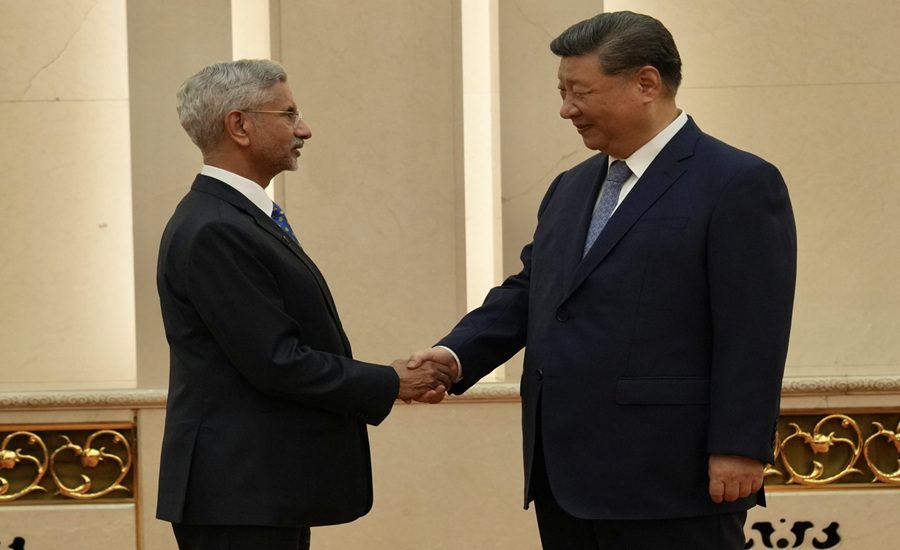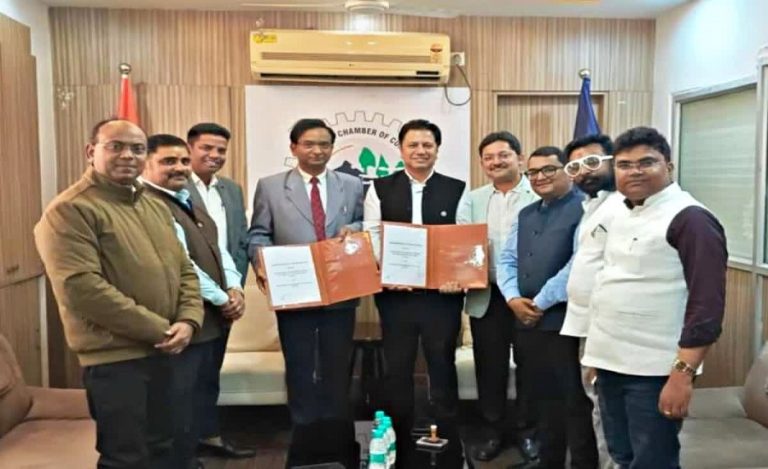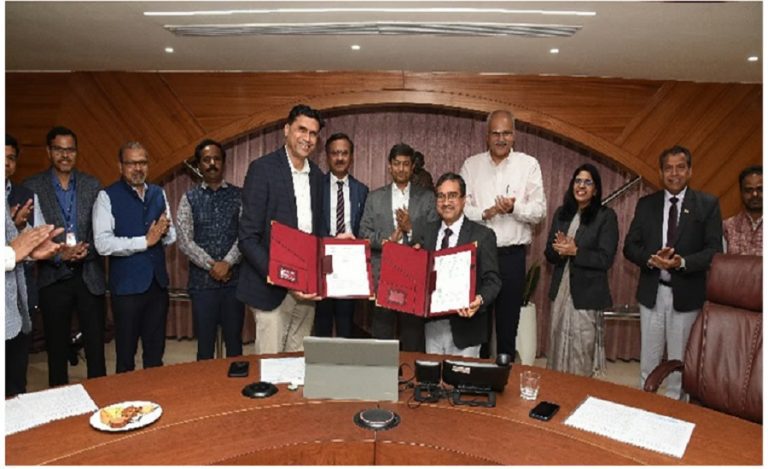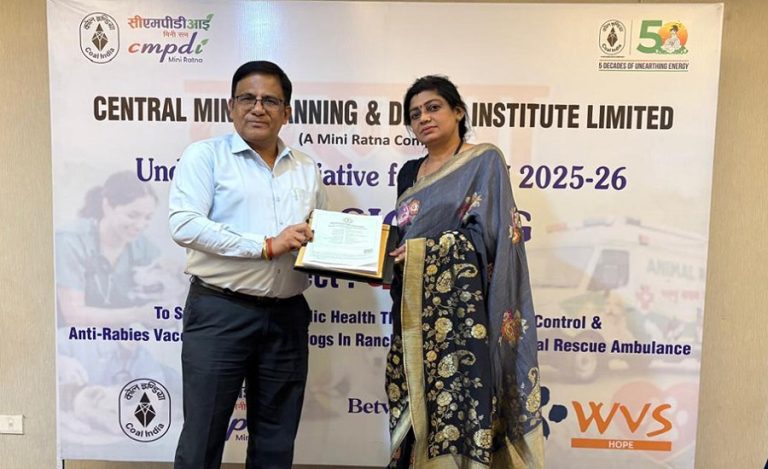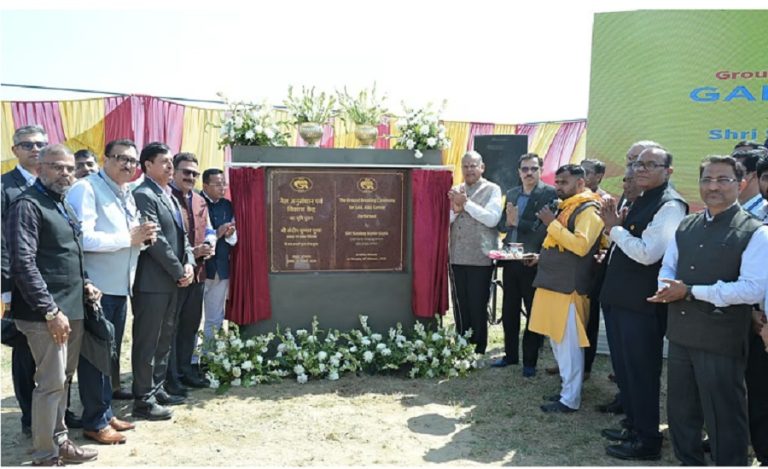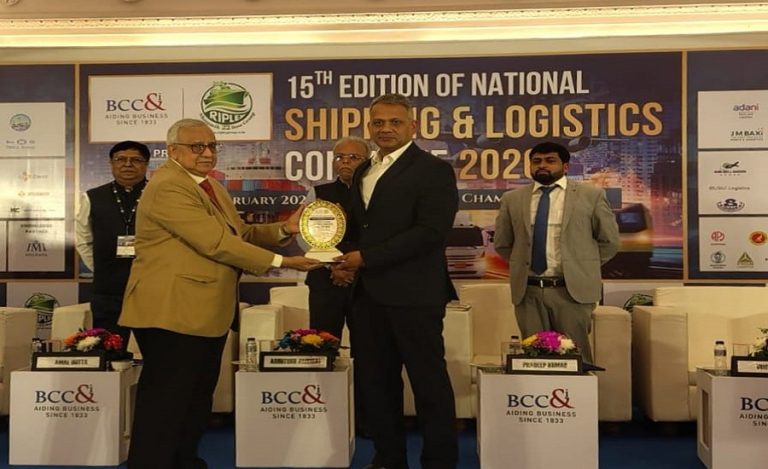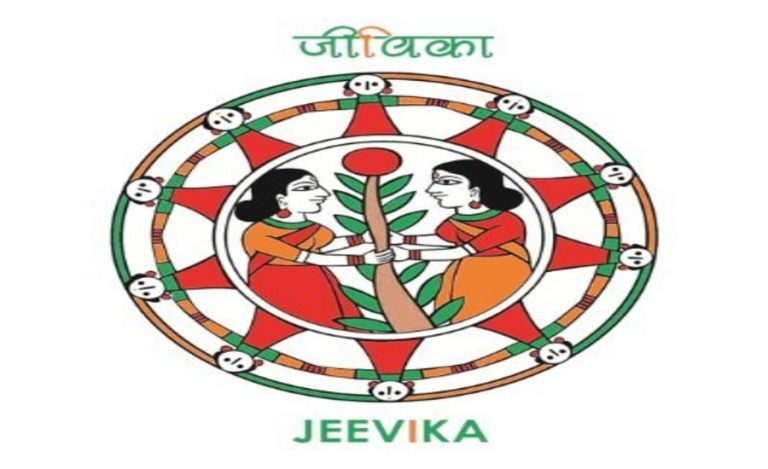Beijing – External Affairs Minister S. Jaishankar’s visit to Beijing marked a major diplomatic milestone, as he met Chinese President Xi Jinping and reaffirmed India’s commitment to restoring a constructive and stable bilateral relationship. This is Jaishankar’s first official visit to China since the 2020 Galwan Valley clash, which plunged India-China ties to their lowest point in decades.
The visit was part of the Shanghai Cooperation Organisation (SCO) Foreign Ministers’ Meeting and featured multiple high-level engagements, signaling a cautious but clear shift toward renewed dialogue between the two Asian powers.
High-Level Meeting with Xi Jinping
During a joint meeting with President Xi Jinping and other SCO Foreign Ministers, Jaishankar conveyed greetings on behalf of Indian President Droupadi Murmu and Prime Minister Narendra Modi. He briefed Xi on recent developments in the bilateral relationship and acknowledged the importance of strategic-level leadership in steering India-China ties forward. His remarks underscored New Delhi’s emphasis on continuing top-level engagement to maintain diplomatic momentum.
Talks with Wang Yi on Border and Economic Concerns
Prior to meeting President Xi, Jaishankar held wide-ranging discussions with Chinese Foreign Minister Wang Yi. Emphasizing the need for a “far-seeing approach,” he called for mutual efforts to build a relationship based on stability and constructive cooperation. Jaishankar highlighted key areas that demand urgent attention:
- Addressing and managing ongoing border tensions to prevent further escalations.
- Restoring people-to-people exchanges, which have been stalled since 2020.
- Avoiding restrictive trade practices and removing barriers to economic cooperation.
He stressed that relations could improve meaningfully if guided by mutual respect, shared interests, and sensitivity to each other’s concerns.
Also Read: Diplomatic Reset in Motion: Jaishankar Visits China for First Time Since Galwan Clash
Engagements with Chinese Vice President and SCO Support
Shortly after arriving in Beijing, Jaishankar met Chinese Vice President Han Zheng. During their discussion, he reiterated India’s support for China’s presidency of the SCO and noted the recent positive shifts in bilateral engagement. He expressed hope that continued dialogue would help sustain this trajectory and foster a constructive atmosphere for future cooperation.
Reviving Dialogue Post-Galwan Clash
Jaishankar’s visit follows earlier trips by Defence Minister Rajnath Singh and National Security Advisor Ajit Doval in June, both attending SCO events in China. These visits reflect a joint effort by both nations to stabilise relations following the Galwan Valley clash—the deadliest border incident in over four decades, resulting in casualties on both sides and a sharp diplomatic freeze.
A significant outcome of these recent interactions has been the decision to revive the Special Representatives (SR) dialogue mechanism, aimed at resolving the long-pending border dispute. This development followed a brief but meaningful exchange between Prime Minister Modi and President Xi Jinping during a summit in Kazan, Russia, in October 2024.
Kailash Mansarovar Yatra Resumes
In another symbolic step toward normalization, the Kailash Mansarovar Yatra has been resumed after a nearly five-year hiatus. This religious pilgrimage, a key people-to-people initiative, had been suspended due to tensions arising from the 2020 border clash. Its revival is viewed as an important gesture to rebuild trust and restore cultural exchanges.
Bilateral Outlook: Fragile Optimism
India’s active participation in the SCO reflects its commitment to regional collaboration, while Jaishankar’s extensive engagements in Beijing indicate a shared recognition of the importance of sustained dialogue.
The resumption of core diplomatic channels, combined with tangible discussions on border and trade issues and the revival of key cultural programs, points to a slow but visible thaw in relations. However, future progress will hinge on consistent high-level engagement, mutual accommodation, and concrete action to address longstanding disputes.

